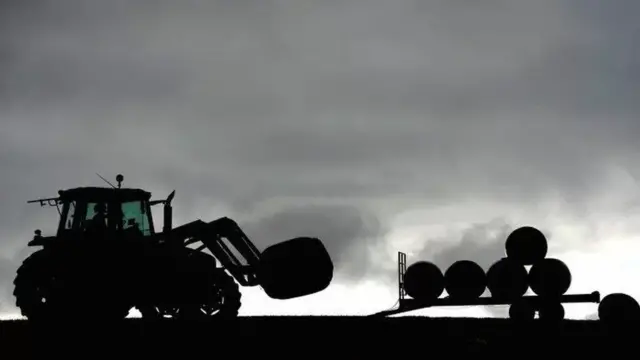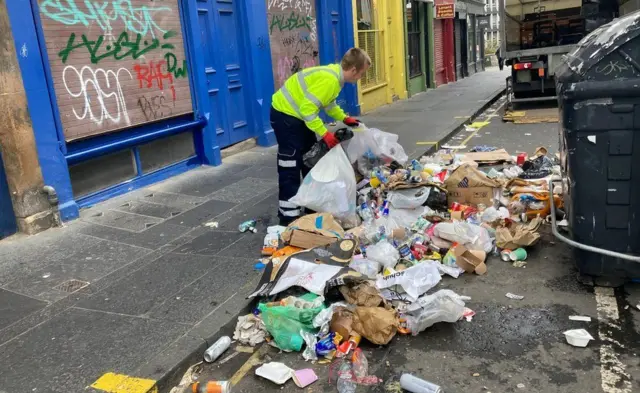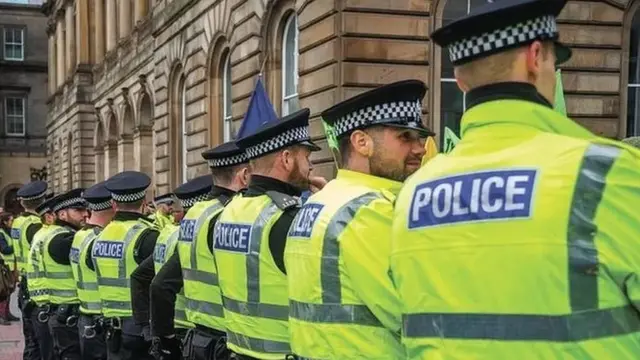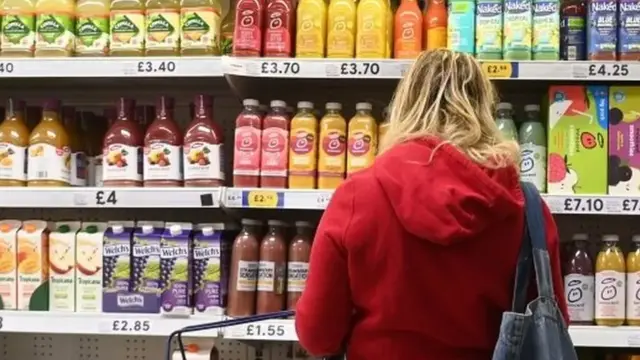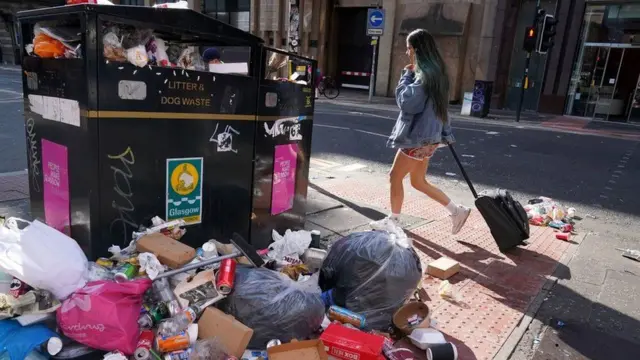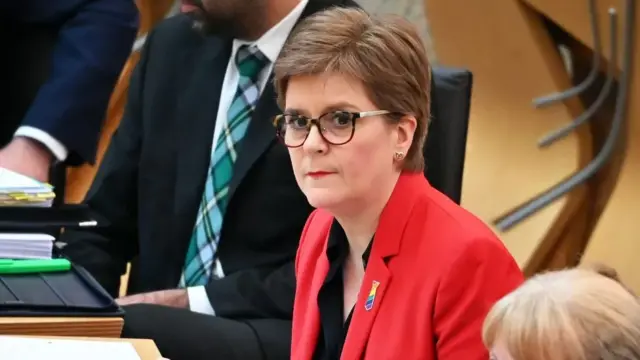Emergency budget review statement: Key pointspublished at 16:13 BST 7 September 2022
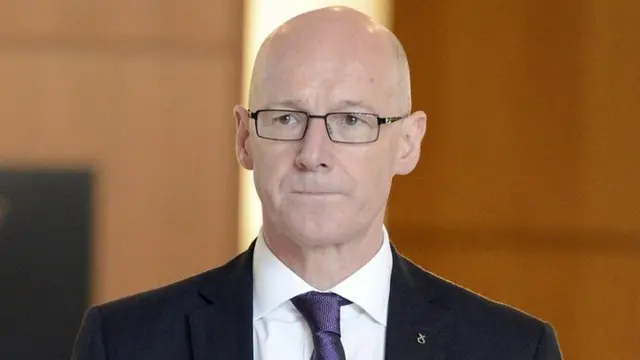 Image source, Getty Images
Image source, Getty Images- Around £500m in planned spending cuts is being proposed by the Scottish government as part of an emergency review of its budget
- The cuts include the cash available for employment schemes and free bus travel because demand is lower than expected
- There are new curbs on recruitment in some areas.
- John Swinney says that public sector pay demands, help for displaced Ukrainians and growing inflation meant that the budget is at its "absolute limits of affordability"
- The deputy first minister says urgent action from the UK government is overdue in the cost of living crisis
- He specifically calls for the PM and chancellor to cancel energy price rises, help struggling families, and help fund the impact of public sector pay increases and inflation
- Tory MSP Miles Briggs says Mr Swinney should apologise for the bin worker strikes and calls for a rethink of cash being allocated for indyref2
- For Labour, Daniel Johnson calls for more 'transparency'
- Lib Dem MSP Willie Rennie asks for details of the impact of the cut on rural communities and training schemes
That's all from the live page team today, have a lovely afternoon.


